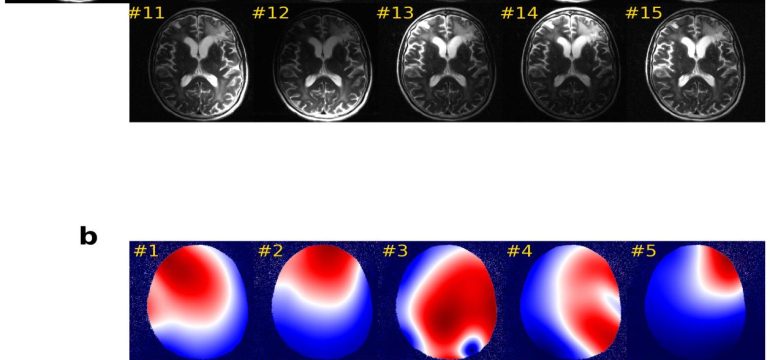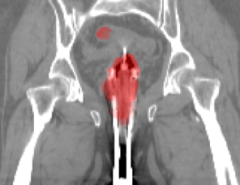Authors: Mojtaba Safari, Zach Eidex, Chih-Wei Chang, Richard L.J. Qiu, Xiaofeng Yang
Published on: April 30, 2024
Impact Score: 8.0
Arxiv code: Arxiv:2405.00241
Summary
- What is new: Integrating deep learning (DL) with compressed sensing (CS) in MRI techniques for increased imaging speed without loss of quality.
- Why this is important: MRI’s long acquisition times, which cause discomfort and motion artifacts while limiting real-time applications.
- What the research proposes: A new DL-based CS-MRI framework that accelerates MR imaging effectively.
- Results: DL-based approaches have significantly increased the speed of MR imaging, maintaining image quality.
Technical Details
Technological frameworks used: DL-based CS-MRI, including end-to-end, unrolled optimization, self-supervised, and federated learning frameworks
Models used: Various deep learning models tailored for CS-MRI
Data used: Publicly available MRI datasets
Potential Impact
Healthcare providers, medical imaging software developers, hospitals, and diagnostic centers could hugely benefit from these advancements in MRI technology.
Want to implement this idea in a business?
We have generated a startup concept here: SpeedMRI.




Leave a Reply